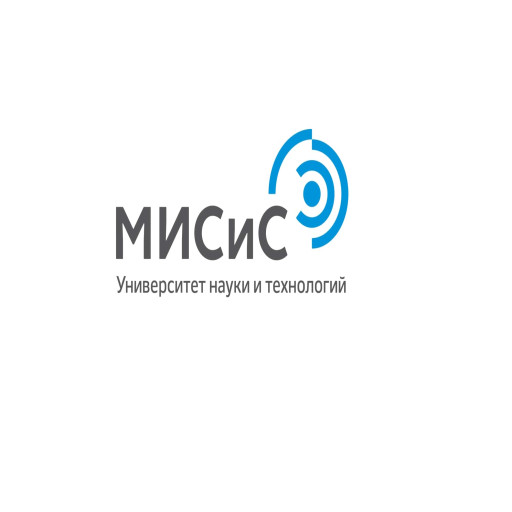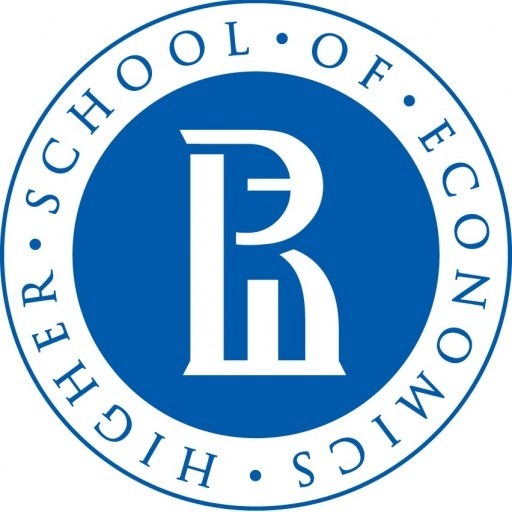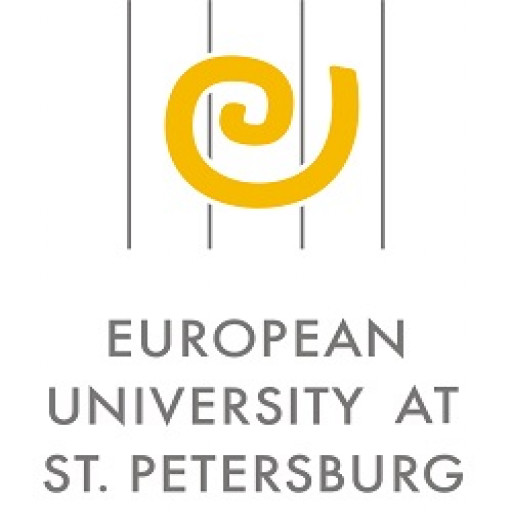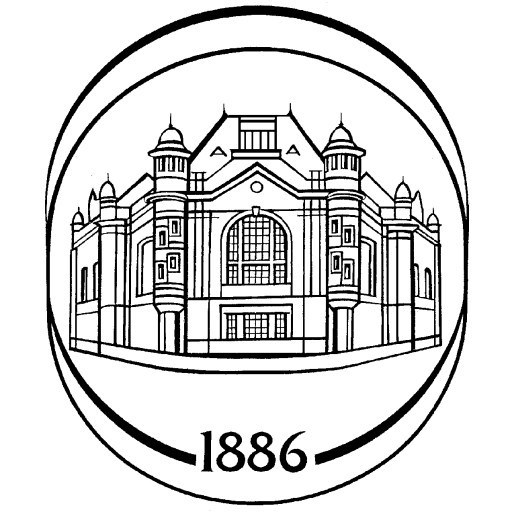Modern Metal Materials and Engineering program at National University of Science and Technology MISIS offers a comprehensive education in the development, processing, and application of advanced metallic materials. This innovative curriculum is designed to prepare students for the challenges of modern materials science and engineering, emphasizing the importance of sustainable and efficient metal technologies. Students will gain in-depth knowledge of metallurgical processes, material properties, and their practical uses in various industries, including aerospace, automotive, construction, and electronics. The program combines theoretical foundations with practical skills, ensuring graduates are well-equipped for research, development, and production roles in cutting-edge metallurgical enterprises. The coursework covers the structure and properties of metals and alloys, heat treatment processes, corrosion protection, composite materials, and innovative alloy design. Additionally, students will explore modern testing and characterization techniques, manufacturing technologies, and the integration of new materials into industrial applications. The program encourages the development of innovative thinking, problem-solving abilities, and interdisciplinary collaboration, preparing graduates for leadership roles in the evolving field of metal materials engineering. Close ties with industry partners and research centers provide students with internships and real-world project opportunities, fostering practical experience and professional networking. Graduates of the Modern Metal Materials and Engineering program will be capable of contributing to the advancement of metallurgical sciences, participating in research initiatives, and implementing technological solutions that meet modern industrial demands. This program is ideal for students interested in working at the forefront of materials innovation, addressing environmental challenges, and improving the performance and durability of metallic products worldwide.
The "Modern Metal Materials and Engineering" undergraduate program at the National University of Science and Technology MISIS is designed to prepare highly qualified specialists in the field of advanced metallurgy, materials science, and engineering. The curriculum combines fundamental theoretical knowledge with practical skills necessary for innovative development and effective application of modern metallic materials across various industries. Students enrolled in this program will study a wide range of disciplines, including physical metallurgy, alloy production, properties and testing of metals and alloys, nanomaterials, composite materials, and corrosion protection.
Throughout their studies, students gain a solid understanding of the structure-property relationships in metallic materials, mastering methods for producing, modifying, and characterizing advanced metals and alloys. The program emphasizes the importance of modern technological processes such as additive manufacturing, laser treatment, and surface engineering, providing students with the expertise needed to develop new materials with tailored properties for use in aerospace, automotive, construction, energy, and other high-tech sectors.
In addition to core engineering disciplines, students develop skills in computer-aided design (CAD), computer simulations, and data analysis, enabling them to optimize material properties and manufacturing processes. Practical training is integrated through laboratory work, industry internships, and research projects to ensure students acquire hands-on experience with real-world challenges and innovative solutions.
The curriculum also includes modules on environmental and economic aspects of metal production, sustainable development, and the safety standards in metallurgy, preparing graduates to meet modern industry requirements. Graduates of the program will be equipped to work in research institutes, manufacturing plants, design bureaus, and management positions within metallurgical and materials engineering sectors. They will be capable of contributing to the development of new metallic materials, improving existing technologies, and implementing environmentally friendly solutions in metal engineering. The program aims to foster not only technical expertise but also project management, teamwork, and innovative thinking skills, making graduates competitive in the global market for advanced metal materials and engineering solutions.
Program requirements for the Bachelor's degree in Modern Metal Materials and Engineering at National University of Science and Technology MISIS include a combination of academic prerequisites, proficiency standards, and technical skills. Applicants must have completed secondary education with a solid background in mathematics, physics, and chemistry, as these disciplines are fundamental to understanding materials science and engineering principles. Prospective students are expected to demonstrate proficiency in the Russian language; however, international applicants may need to provide evidence of English language proficiency, such as TOEFL or IELTS scores, depending on the entrance requirements. Admissions are typically considered based on the entrance examination results or contest scores, which assess knowledge in mathematics and physics.
Candidates should possess a keen interest in materials science, metallurgy, and engineering processes, and demonstrate the ability to undertake rigorous technical coursework. Prior experience or coursework in materials testing, metallurgy, chemical processing, or mechanical engineering can be advantageous but is not mandatory. The program may also require applicants to pass an interview or undergo additional testing to evaluate motivation and suitability for the field. As part of the enrollment process, candidates might need to submit a portfolio or statement of purpose detailing their interest in modern metal materials and their career aspirations in the field of engineering.
Moreover, students are expected to meet physical and mental health standards as per university regulations, ensuring they can handle laboratory work and field studies. Continuous assessment throughout the program includes coursework, laboratory practicals, projects, and examinations covering core topics such as the properties of metals and alloys, material manufacturing processes, corrosion science, and nanostructured materials. Participation in internships or cooperative education programs may also be considered as part of the requirement for graduation, providing practical experience in industrial settings.
In summary, the program requirements are designed to select motivated, capable students with a strong foundation in STEM subjects, language proficiency suitable for studying and research, and a clear interest in advancing the science and engineering of modern metal materials. No additional or specific entry criteria beyond those listed are publicly documented; thus, potential applicants should consult official university admissions guidelines for detailed and updated information.
State-funded education: The "Modern Metal Materials and Engineering" program at National University of Science and Technology MISIS offers students the opportunity to pursue their studies with partial or full financial support from the government. State-funded places are allocated based on competitive entrance exams and performance, allowing talented students to gain high-quality education without tuition fees. Benefits include access to modern laboratories, expert faculty, and participation in innovative research projects, all supported by government scholarships aimed at fostering future engineers and materials scientists. Tuition fee-based education: For students who do not secure a state-funded slot, the program provides paid education options. The cost of studying is communicated annually and varies depending on the course modules and academic year. Students enrolled in paid tuition have access to the same high-standard educational resources, including specialized equipment, research centers, and internship opportunities at leading industrial enterprises. The university offers flexible payment plans, installment options, and potential discounts for certain categories of students. Scholarships and financial aid: Aside from state funding, the university administers various scholarships and grants to support talented students, including those who demonstrate exceptional academic achievements, active participation in research, or financial need. These scholarships can significantly reduce the financial burden and make studying more accessible. Additionally, students are encouraged to seek external funding sources, including industry-sponsored scholarships and international programs. International students: The university also provides tailored financial options for international students, including tuition discounts and scholarship programs aimed at attracting talented applicants from around the world. These initiatives ensure a diverse student body and promote global collaboration in research and development efforts. Overall, the university’s financing options are designed to ensure that qualified students can access truly modern education in metal materials and engineering, regardless of their financial background.
Modern Metal Materials and Engineering at the National University of Science and Technology MISIS is a comprehensive program focused on the development, processing, and application of advanced metal materials. The curriculum is designed to prepare students for innovative work in the fields of metallurgy, materials science, and engineering with an emphasis on modern technologies and sustainable practices. Students gain in-depth knowledge of the properties of various alloys, composites, and nanostructured materials, along with mastering techniques for their synthesis, testing, and application in industries such as aerospace, automotive, construction, and electronics. The program combines theoretical coursework with practical laboratory work, industry internships, and research projects, fostering a hands-on approach to learning. Students learn about modern metallurgical processes, including melting, casting, thermomechanical treatment, and surface modification, as well as the use of modern equipment and analytical methods. The program also emphasizes the importance of innovation, materials design, and the development of new alloys with tailored properties for specific engineering applications. Graduates are well-equipped to work in research institutes, manufacturing plants, design bureaus, and consultancies, contributing to the development of new materials and improving existing technologies. The faculty comprises experienced scientists and industry experts who facilitate cutting-edge research and ensure alignment with current technological trends. The program aims to produce highly qualified specialists capable of addressing the challenges of modern materials engineering and contributing to technological advancements at both national and international levels.




